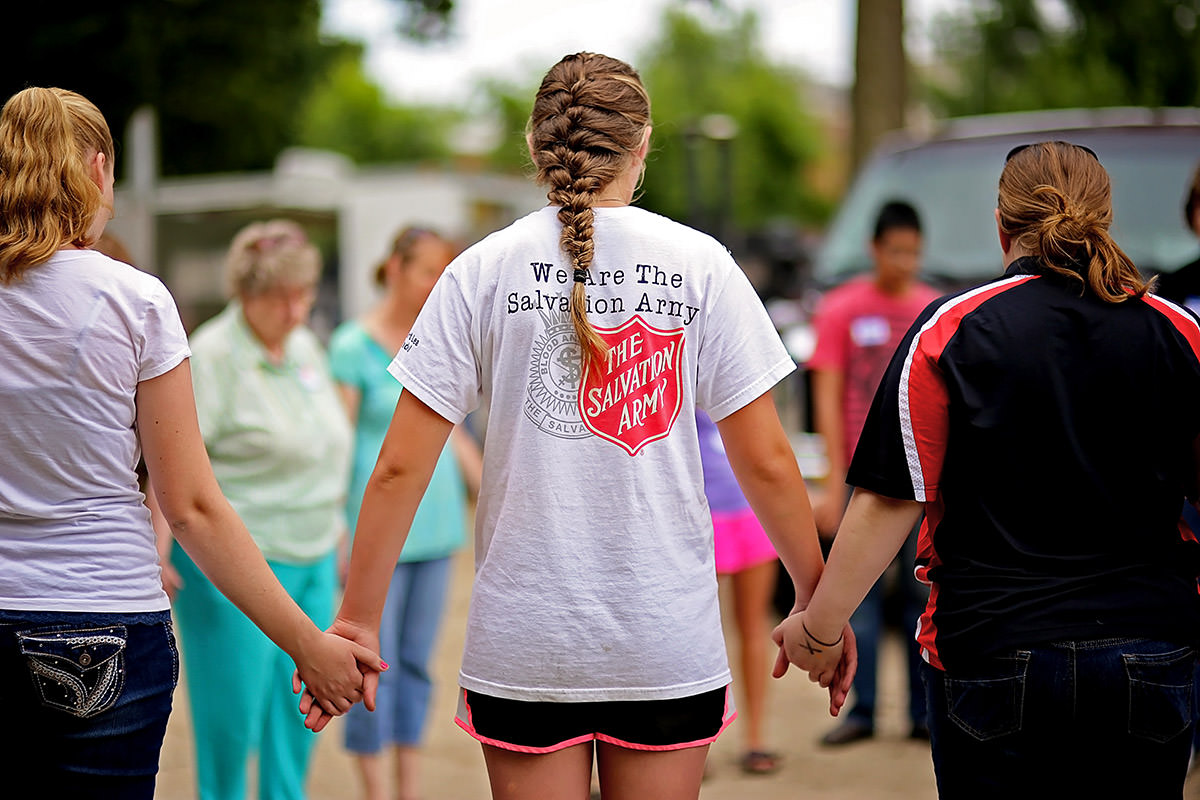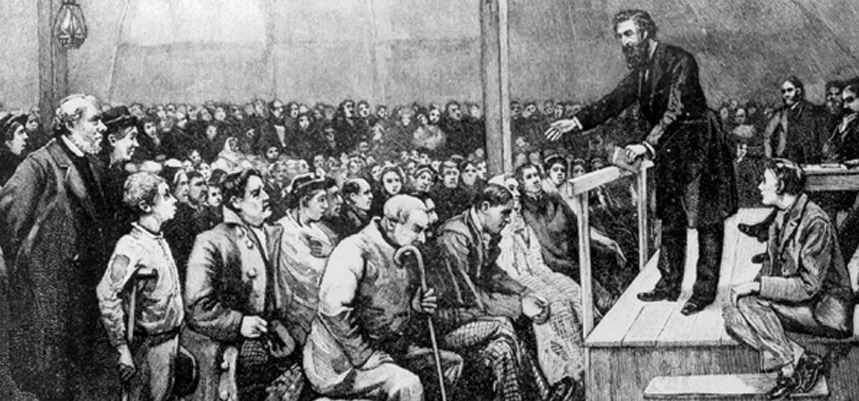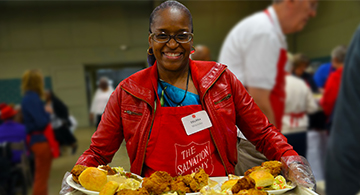-
Contact Us
Never Miss a Chance to Do the Most Good
Please enter your name, email and zip code below to sign up!
- Stories
-
Who We Are
Never Miss a Chance to Do the Most Good
Please enter your name, email and zip code below to sign up!
-
Ways to Give
Never Miss a Chance to Do the Most Good
Please enter your name, email and zip code below to sign up!
-
William Booth Society
Never Miss a Chance to Do the Most Good
Please enter your name, email and zip code below to sign up!
-
Volunteer
Never Miss a Chance to Do the Most Good
Please enter your name, email and zip code below to sign up!
-
Careers
Never Miss a Chance to Do the Most Good
Please enter your name, email and zip code below to sign up!
-
Corporate Partnership
Never Miss a Chance to Do the Most Good
Please enter your name, email and zip code below to sign up!
-
Newsroom
Never Miss a Chance to Do the Most Good
Please enter your name, email and zip code below to sign up!
-
Share your Salvation Army Story!
Never Miss a Chance to Do the Most Good
Please enter your name, email and zip code below to sign up!
Never Miss a Chance to Do the Most Good
Please enter your name, email and zip code below to sign up!
Never Miss a Chance to Do the Most Good
Please enter your name, email and zip code below to sign up!
Never Miss a Chance to Do the Most Good
Please enter your name, email and zip code below to sign up!

We love because God loved us first
The Salvation Army provides spiritual services to anyone God brings across our path.
Find Worship CenterAt its heart, The Salvation Army is a church. This foundation is what motivates us to do the work that we do.
We love God and serve others because of His love for all. That’s where our mission comes from – to preach the gospel of Jesus Christ and to meet needs in His name without discrimination. We want to introduce the love of God into the lives of those most in need, as we care for them physically, emotionally and spiritually. We do this by offering free prayer, pastoral counseling, Bible-based ministries for all ages, and Sunday worship.
Our Worship and Service Centers
We operate over 7,500 worship and service centers in neighborhoods across the United States. Each center is a church to the local community, as well as place anyone in need can receive help with a wide range of social services. Worldwide, there are just over 2 million members of The Salvation Army's church. Many more attend services at The Salvation Army.
There are many ways that The Salvation Army helps those in need in Southern New England (Connecticut and Rhode Island), including support for adults, children, and families. For general information, click on any of the links below. For detailed information based on locations in each state, including times of operation and program information, select a state below.
Who: Whether it's embracing the homeless, uplifting the abused or abandoned, training and mentoring the disadvantaged, providing character building programs for youth, or assisting the displaced or elderly, The Salvation Army's goal remains the same: serving the most people, meeting the most needs, DOING THE MOST GOOD!
What: The Salvation Army exists to serve the people of Connecticut and Rhode Island in their time of need -- great or small. Each individual is addressed as a whole person with physical, emotional and spiritual needs. The Salvation Army aspires to assist individuals to become more independent through a variety of services and programs.
Where: Internationally, The Salvation Army serves in 128 countries. In Connecticut and Rhode Island, there are 23 Corps/Citadel Community Centers and also volunteer-driven Service Units located in all other communities not served by the Corps/Citadel Community Centers throughout Connecticut and Rhode Island. Providing similar services, these units are an extension of the Army in places where a Corps Community Center is not located.

Our Spiritual Foundation
In 1865, William Booth, an ordained Methodist minister, aided by his wife Catherine, formed an evangelical group dedicated to preaching to people living in appalling poverty in London’s East End. Originally, Booth named the organization the East London Christian Mission. In addition to preaching, Booth became involved in the feeding and sheltering of the hungry and homeless and in the rehabilitation of alcoholics.
William Booth’s Christian Mission was functioning as an army in all but name even before becoming 'The Salvation Army' in 1878. Since its earliest days, the Christian Mission adopted military insignia and terminology to represent the battle being waged against poverty and sin. This was very much in keeping with popular Christian themes at the time, reflected in well known hymns of that era such as 'Onward Christian Soldiers!'.
In 1878, The Salvation Army fully evolved into a quasi-military organization. Booth became “the General” and officers’ ranks were given to his ministers. Salvation Army church members also became known as 'soldiers.' The Salvation Amy has functioned successfully within this unique structure for more than a century. Our outreach has expanded to include 126 countries, and the Gospel is preached by its officers in more than 175 languages.
The ministry migrated to America in 1885, where The Salvation Army’s first meeting took place in Philadelphia. After receiving a warm welcome, The Salvation Army expanded its operation throughout the United States. Today, there are more than 9,000 centers and local neighborhood units of The Salvation Army in the United States.
As a member of the universal Christian Church, we are well aware that in our work we are never alone. God's grace and guidance help us daily to deal with the challenges we could never face without His strength. We recognize the power of prayer to help us meet our challenges and to help reinforce the spirit of those who work with us and those we serve.
To help you recognize the blessing that God gives each of us, and to provide guidance to your daily challenges, we invite you to worship with us at our Corps/Citadel Community and Worship Centers.
Corps/Citadel Community and Worship Centers
The Salvation Army's centers for service, program, and worship are the local Corps/Citadel Community and Worship Centers. There are 23 sites located throughout Connecticut and Rhode Island, with varying expressions of worship. A list of telephone numbers are available through this site.
Traditional and nontraditional Sunday worship services are held here. Each Corps/Citadel Officer (Ordained Minister) has been "commissioned" from The Salvation Army's School for Officer Training, and many have advanced degrees as well. Each Corps/Citadel Officer husband and wife team are equally ordained and function in all aspects of counseling and ministry.
Soldiers worship at their local Corps/Citadel and mostly wear a uniform although, unlike officers, they usually only wear it during Sunday worship or whilst attending Salvation Army functions. Many people worship at The Salvation Army without becoming soldiers, and without wearing uniform. Senior Soldiers who feel led to work full time for The Salvation Army who do not enter The Salvation Army Officer Training College for two years but instead, take on other studies through the college and commit to three or more years service are known as Envoys.
Parishioners of the Corps/Citadel are offered a wide variety of programs, including, for youngsters: Sunbeams, Girl Guards, Boys Adventure Corps, Teen Ministries, musical instruction, and bible study and for adults: Women's Ministries, Men's Fellowship, and recreation. These programs are available to the public, as is the opportunity to worship with us.
However, it is important to note, you do not have to be a member of the Corps/Citadel to receive services or to attend programs.
The centers provide an outlet for programs to the community, including after school, school readiness, sheltering, emergency assistance, homeless prevention, feeding and other support programs to those who are seeking job skills.
Each center relates to the community in a variety of ways, with members of the community supporting The Salvation Army on Advisory Boards, Women's Auxiliaries, and outreach through the Service Extension program.
Many Corps/Citadel Officers serve on local councils or boards, i.e. the United Way or Emergency Food and Shelter Program Review Boards, and also actively participate in other civic organizations, like the Rotary or Kiwanis.
You are invited to attend services or programs at your local operating unit of The Salvation Army at anytime, simply call the respective Officer(s) for more information.












